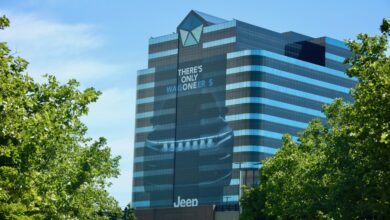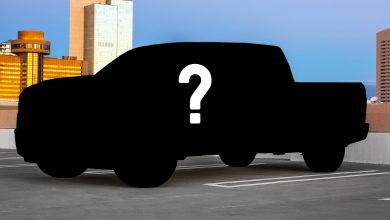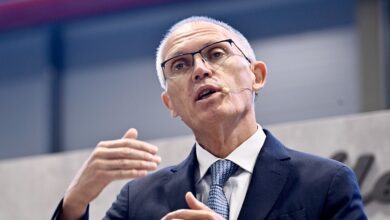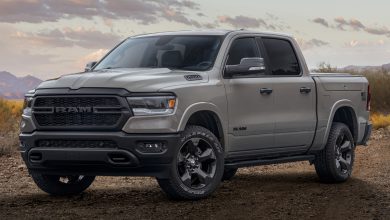Filosa Heads To Capitol Hill As Washington Zeroes In On Car Prices
Stellantis CEO To Join Other U.S. Auto Leaders In High-Profile Senate Hearing
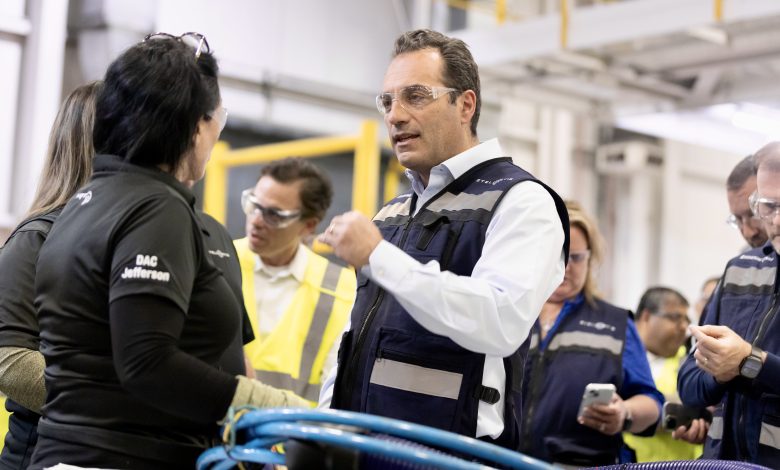
Stellantis CEO Antonio Filosa is preparing for one of the most high-profile moments of his short tenure at the automaker’s helm. For the first time since 2008, all three of the Detroit Big-3 leaders—plus Tesla—have been formally summoned to Capitol Hill to testify before the U.S. Senate Committee on Commerce, Science, and Transportation. The hearing, scheduled for January 14, 2026, will examine the state of the American auto industry, the impact of federal transportation policy, and—most importantly—why the cost of buying a new vehicle has skyrocketed.
The session, titled “Pedal to the Policy: The Views of the American Auto Industry on the Upcoming Surface Transportation Reauthorization,” was announced by committee chairman Sen. Ted Cruz (R-TX), who says Congress intends to dig into regulations, electric vehicle (EV) mandates, tariffs, and the broader economic forces shaping what Americans pay at the dealership.
A Crucial Moment For Stellantis In Washington –

For Stellantis, this hearing lands during a major transitional period. Filosa has spent much of the past year recalibrating strategy in North America—balancing the company’s aggressive global EVel roadmap with the reality that U.S. buyers are demanding more affordable choices and a wider mix of powertrains.
That push-and-pull is likely to be a major focus of the hearing.
While much of the conversation in Washington has centered around government regulations—fuel-economy rules, climate-focused mandates, and safety requirements—Filosa will have the chance to explain the flip side: the rising costs of raw materials, supply-chain instability, and the enormous investment needed to juggle both combustion and electric platforms at the same time.
Stellantis has repeatedly argued that choice, not forced adoption, is crucial as the industry shifts. And with Congress now reviewing the next major federal transportation bill, Filosa’s testimony carries weight not just for Stellantis, but for the broader momentum behind multi-energy lineups.
Why Congress Wants Answers Now –
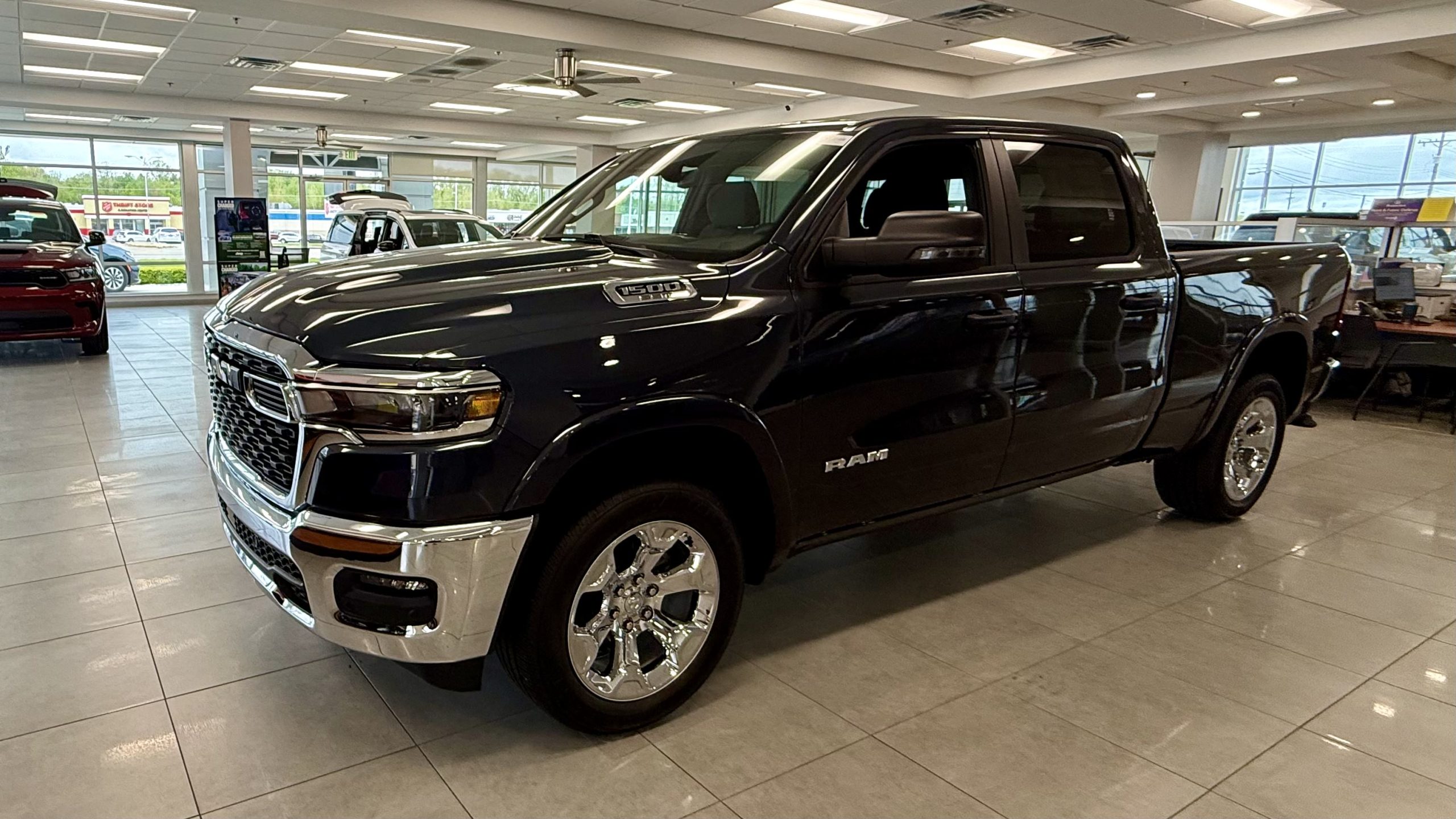
Vehicle affordability has become one of the most significant economic pressures on American families. Twenty years ago, the average new vehicle sold for just over $20,000. Today, according to recent Kelley Blue Book (KBB) data, the average transaction price hovers around $50,000.
Sen. Cruz has repeatedly said that what he calls “government-mandated technologies” have contributed to rising costs, pointing to start-stop systems, emissions equipment, and EV-related requirements. The hearing will attempt to separate myth from reality—putting the CEOs in the spotlight to explain their side of the story.
Lawmakers from both parties are expected to press the executives on EV adoption rates, infrastructure readiness, product pricing, warranty costs, trade policies, and how global competition—especially from Chinese automakers—may be influencing domestic pricing.
Notably, the appearance of Tesla engineering executive Lars Moravy ensures the hearing won’t be limited to traditional automakers. EV pricing pressure, battery sourcing, and long-term cost curves are all expected to come up.
A Hearing With High Stakes –
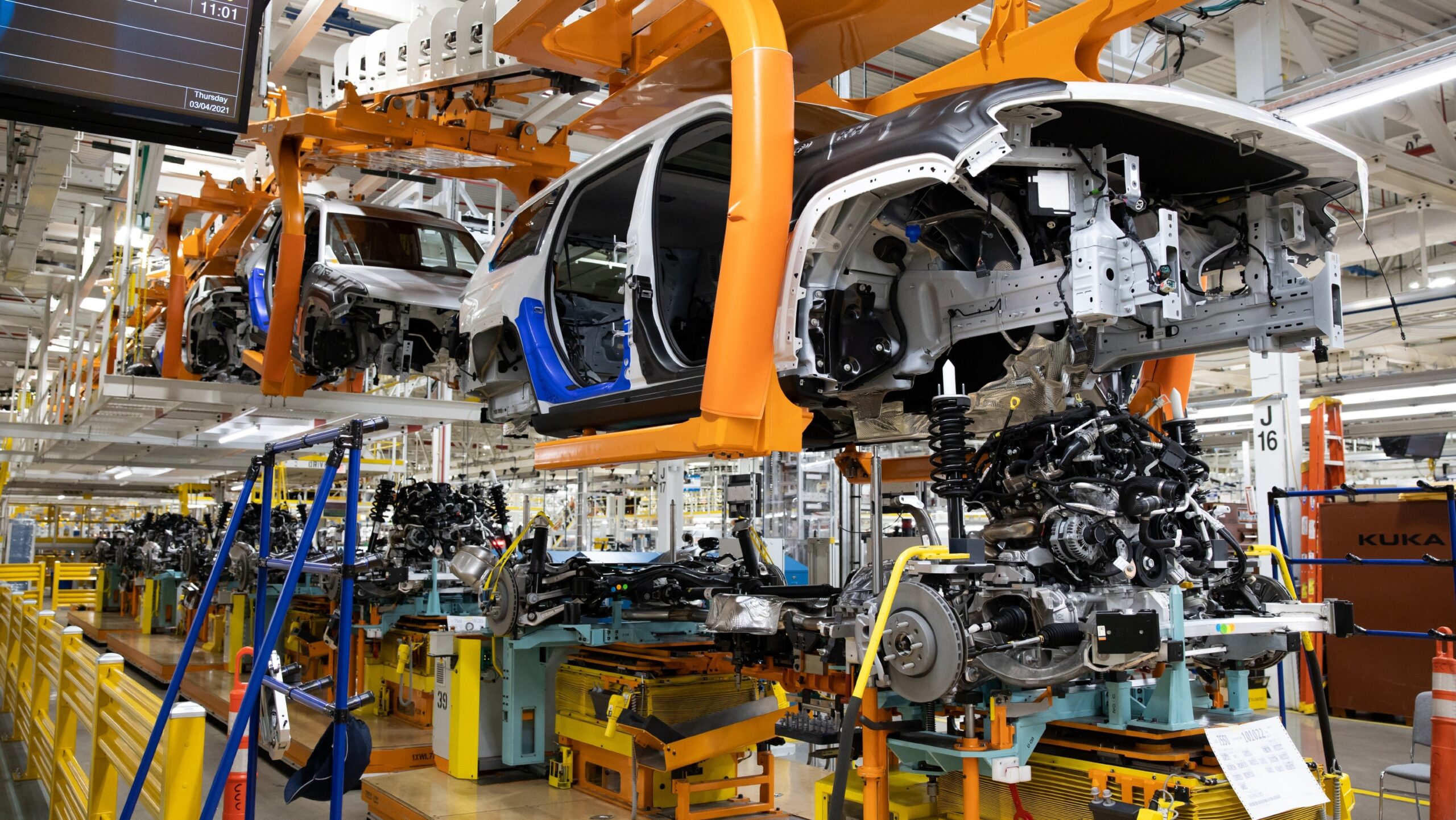
The January 14 session is shaping up to be one of the most consequential automotive hearings in years. Beyond pricing concerns, Congress is weighing broader questions about whether federal transportation policies are helping or hurting American competitiveness.
For Stellantis, the hearing represents both scrutiny and opportunity: a national stage for Filosa to outline a realistic path forward—one that supports American jobs, lowers costs, and preserves customer choice in a rapidly transforming industry.
Whether Congress ultimately agrees remains to be seen, but the conversation on Capitol Hill this winter will shape the next chapter of the American auto market.


